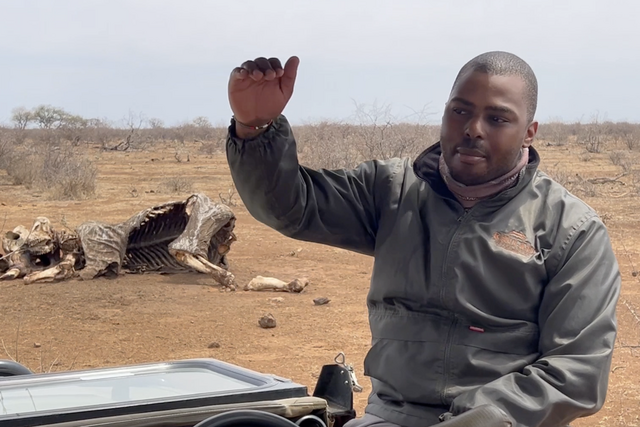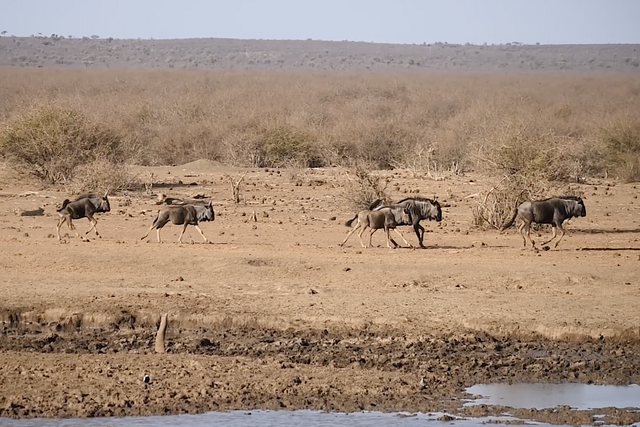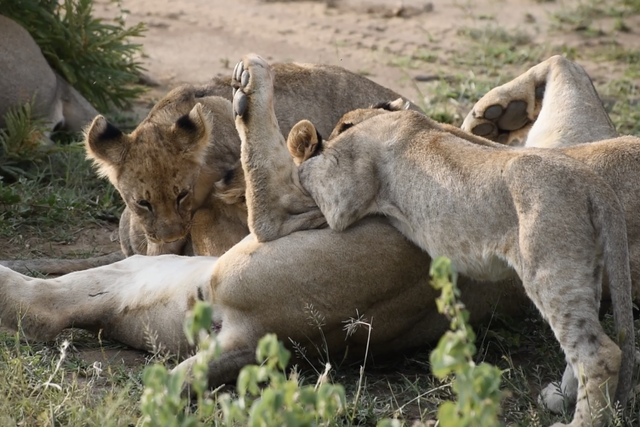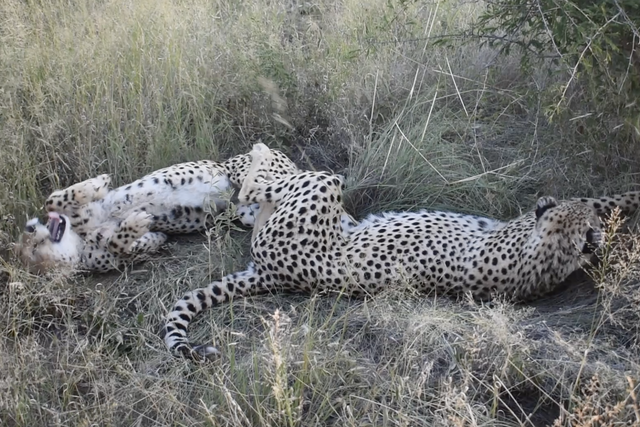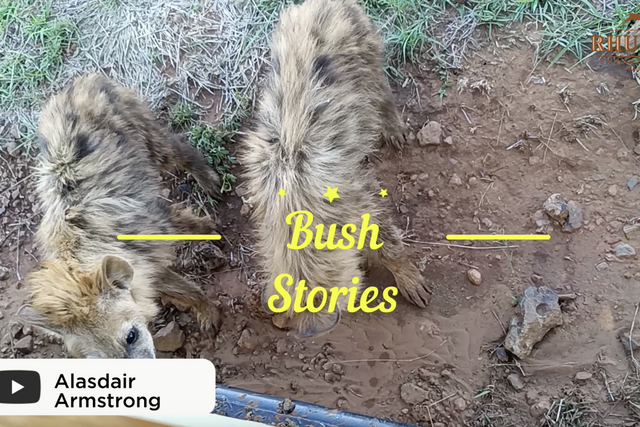Do you remember the movie «Lion King» and the bird with the distinctive curved beak called «Zazu”? Zazu is a male hornbill. He serves as the majordomo of the Pride Lands but Initially, Zazu served as Mufasa's majordomo. But not only that. He also flies around in Madikwe Game Reserve and delights the guests in Rhulani Safari Lodge.
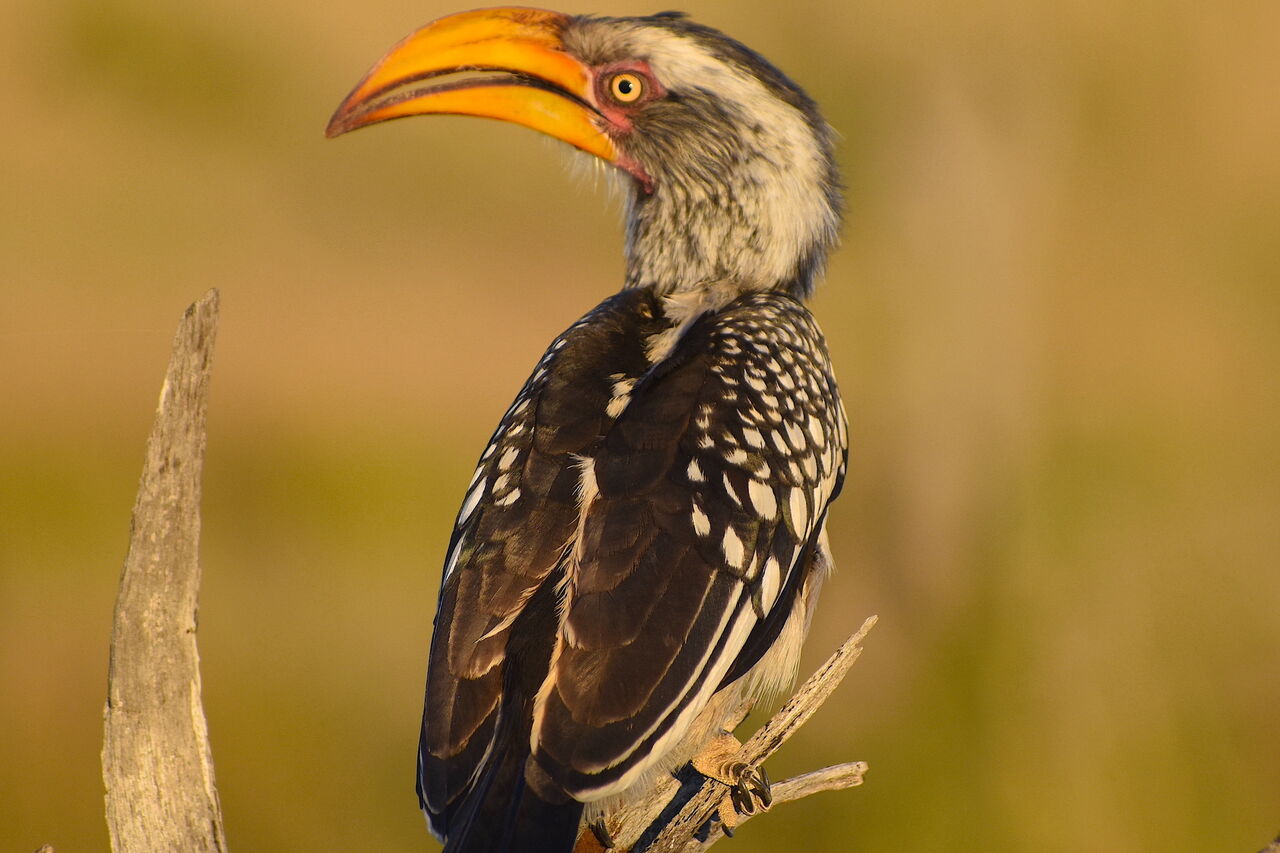
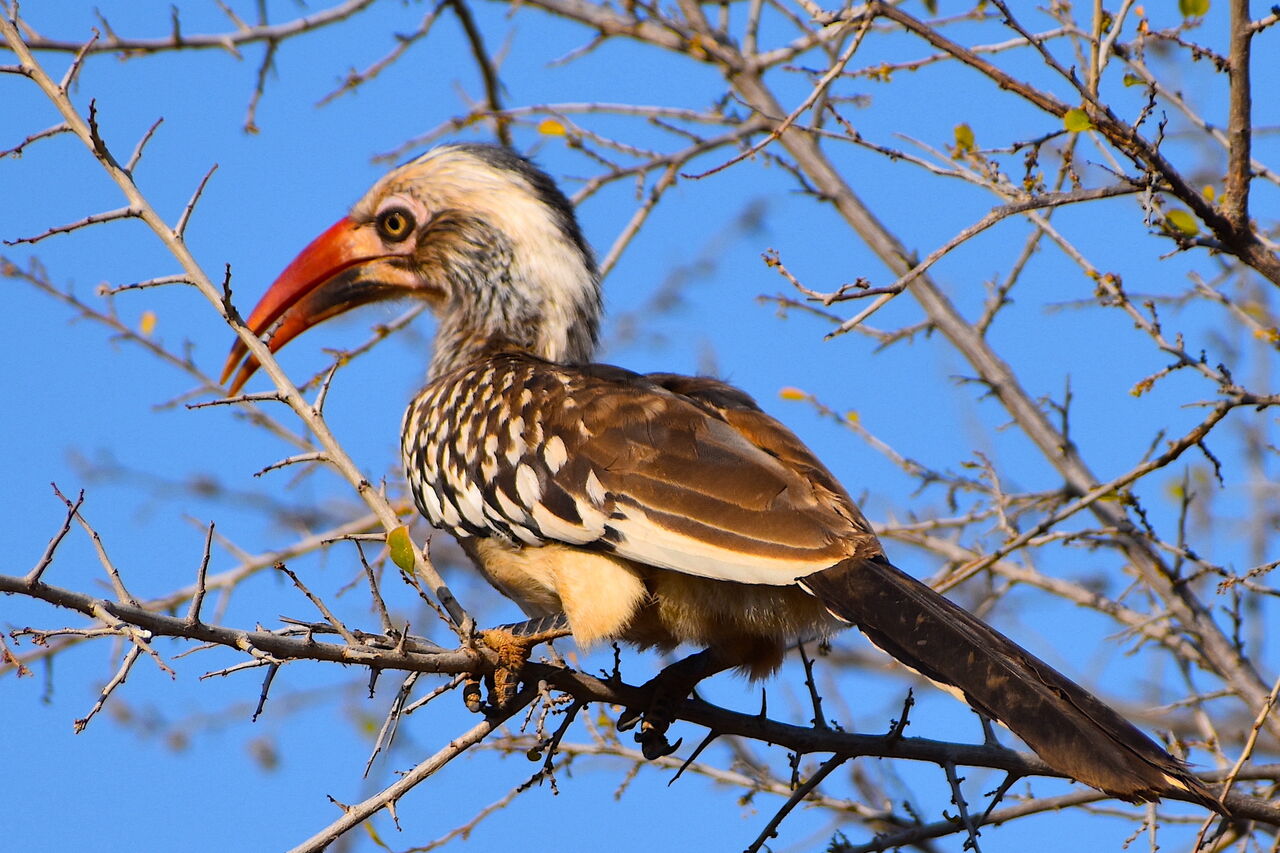
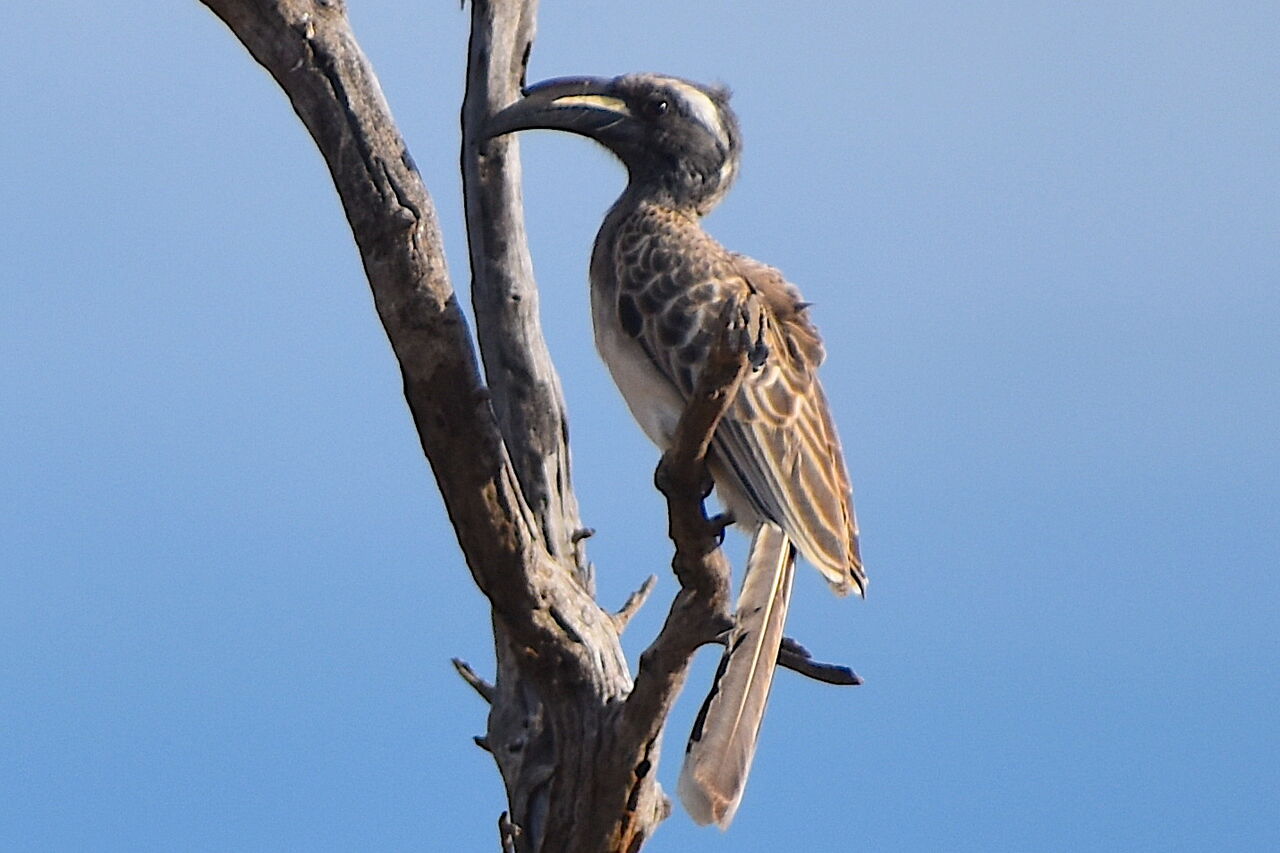
Zazuuuu! That's how we call this great bird here, too, when we see him flying, and he flaps the wings three to four times at a time and then hovers for a few meters before losing altitude and regaining it with more wingbeats. Because of the funny posture we sometimes call our little friend "the flying banana".
The safaris with Rhulani are the best way to meet Zazu. So it happens to me on my last trip.
Ranger Willem stops the car and says to the guests: "Look, up there on the branch, there's a red-billed hornbill!"
I remark, "Yeah, that's Zazu!"
"Yes, almost", Willem corrects me, "Zazu is actually a yellow-billed hornbill". Oh, did you know that?
There is really no difference between the two bird species. Only the color of the beak is different. Red or yellow. When I think back to my past experiences in Madikwe, I mostly saw the yellow-billed hornbill. So the one sitting up there is a special sighting for me!
A little later we see the real Zazu with the yellow beak. Was to be expected, It was to be expected, because you often come across him.
On the way back to the lodge I notice another banana flying around. It looks almost the same, but has much less striking colors. The bird is mainly grey.
"A gray hornbill," says Willem. These like to congregate near lodges and people.
So now I've seen all three hornbill species on a single safari!
"Not really," says Willem, "there is also the ground hornbill. It is much larger than the other species and, as the name suggests, mostly walks around on the ground looking for food."
Interesting. If you have a closer look, the birds are definitely as interesting as the world of the Big5. Just open your eyes, meet Zazu and immerse yourself in a new fascinating world.
